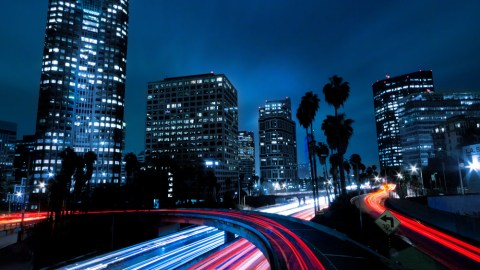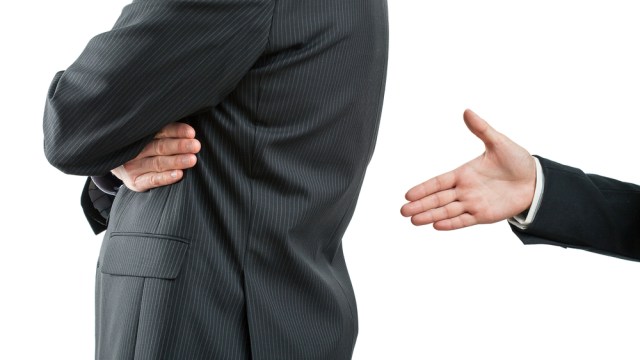Too Much Traffic: Using Email and Driving in Los Angeles

Having recently visited LA I was imagining driving on the early freeways. Few other cars on the road, low gas prices, and just a smooth and relaxing way to quickly cut across the city. As time progressed and we made more humans and sold them more cars the highways got clogged. What once was a wonderful experience became stressful and complicated. A tragedy of the commons.
The freeway system reminds of email. A once terrific tool that we can’t live without but is now entirely a burden. It’s such a known problem that every third startup is trying to “solve” email. But the real problem with email is that every single message you receive requires your attention. And as we’ve all gotten worse at email the solution has been to abandon it in favor of contextual chat (Slack for work, GChat for friends, Facebook for family, etc.). So now we have chat for things we care about and email for all the things that want our attention but we can’t ignore because we’d get in trouble.
My job used to be answering email so I have a focus on responding quickly and achieving “inbox 0”. It took me a while to realize that email is not work, it’s a distraction from work. So I’ve been working on eliminating email.
HOW TO LIVE IN A POST EMAIL WORLD
Do not send people email.
Call them, text them, snapchat them, Yo them, or Facebook message them. You can’t expect to not receive email if you are sending email.
Unsubscribe to everything. Everything. If it has an unsubscribe link in it then click it. You don’t need it.
If you have subscriptions that you can’t, and by that I mean LEGALLY CAN’T, unsubscribe from then set up a system so that no more than one of them is in your inbox at any time. A backlog of Google Alerts about “Jon Huntsman” isn’t helping anyone (except maybe Jon Hunstman).
Any email you send should be crafted for a result that is either:
a) no response via email, or b) a response that does not occur via email
For example if you are telling people about an event, send them to the event page you set up (Facebook, Evite, etc.).
If you are asking them a question then create a questionnaire using Google Forms. Oh, does that seem like too much effort? Then you don’t need to know the answer. Go get some work done.
If you want to get coffee with someone send them to your scheduling app (SnapAppointments.com) or attach a calendar request.
Craft your emails so there is no opportunity for a response. Include all the information a person could possibly ask for in a follow up.
Think of every email as a mistake you made. You could have prevented it. Why didn’t you? Learn from your “mistakes”. Looking at my inbox here are some recent mistakes I made:
Didn’t have chat contact for someone so I sent an email. Corrected that by also asking for his preferred chat client (it’s usually ghat).
Email from a co-worker. I was not logged into chat.
Email from a stranger contacting me about a project. He found my email online and didn’t find any other contact info. (Don’t post your email, post your phone number and Skype ID and other methods of communication.)
Long email thread looking for talent. Should have redirected to a web form. More useful to have that information in a spreadsheet than as a collection of emails.
If you think of email like the freeway the ultimate solution is a self-driving car, but that technology doesn’t exist yet. Until then a proactive Los Angeleno will learn the best local routes and spend time getting to know what is in all the thousands of small neighborhoods so that no matter what you want when the freeways are jammed you can find a version of it.
Image credit: EpicStockMedia/Shutterstock




